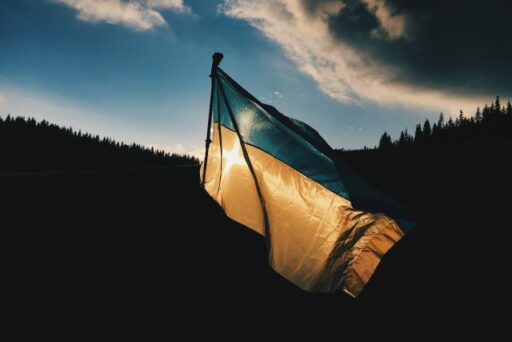Statement | EHRI Condemns Russia’s Invasion of Ukraine

The European Holocaust Research Infrastructure (EHRI) strongly condemns the recent invasion of Ukraine by Russia, and is gravely concerned about its impact on civilians, not to mention other living beings and the land. As a research infrastructure devoted to the study of genocide and war, we are shocked that an unprovoked and inexcusable attack on a sovereign country is possible in Europe in the 21st century. If only because of our own research, we are sensitive to the death toll, violence and trauma brought about by this war.
EHRI is both a digital infrastructure and a transnational human network of experts. In view of the danger to Ukraine’s Holocaust researchers and their families, we strongly encourage them to let us know about their current situation and needs, no matter if they are in Ukraine or if they seek refuge abroad. We at EHRI will share this information within our professional network and will mediate contacts and offers of aid.
During the Second World War, more than one million Jews were murdered on the territory of Ukraine in mass shootings, in ghettos and concentration camps or through slave labour. Free research about Ukraine is essential for advancing humanity’s knowledge about the persecution and genocide of Jews, Roma and other groups, and EHRI is privileged to have the Center for Urban History of East Central Europe in Lviv as its partner.
Our concern about the future of Holocaust research in Ukraine is increased by the blatant lies of Russian state propaganda about the alleged need to “denazify” Ukraine. We strongly reject the cynical use of this vocabulary for the purpose of occupying another country and preventing its free development as a democracy.
Project Management Board, European Holocaust Research Infrastructure
EHRI is a consortium of 27 partner institutions active in the fields of Holocaust research and documentation from across Europe, Israel and the United States. EHRI’s mission is to overcome the traditional fragmentation of Holocaust sources and expertise by connecting people and collections in a transnational research infrastructure.
Image: Photo by Max Kukurudziak on Unsplash
